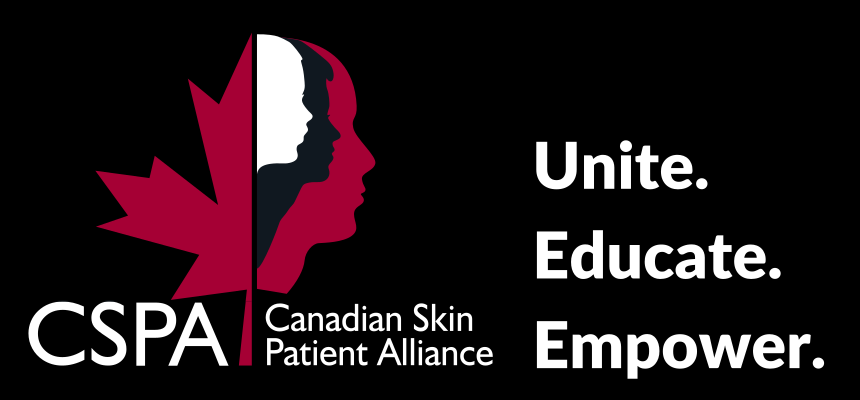Alopecia does not negatively impact a person’s overall health. However, a person with the condition may feel emotionally stressed. Some people with alopecia may feel less attractive, especially when their hair loss is extensive. They may also experience frustration, loss, fear, embarrassment, hopelessness or guilt. For these reasons, support from family and friends, as well as professionals (psychiatrists, psychologists, or social workers) can help a person develop a more positive self-image and increased self-confidence.
If your feelings are extreme, or if you find you cannot participate in or enjoy your normal activities (e.g., missing school or work), counselling can be effective. Your family doctor or dermatologist can refer you to professional care.
Not all people with alopecia are affected emotionally. Many men with androgenetic alopecia accept the condition as a natural consequence of aging. And some men and women with alopecia areata take their baldness in stride knowing that, in most cases, their hair will likely grow back on its own. For many patients, the only disruption is the effort that goes into treatment, whether medication-related or not. That being said, support is available for those who seek it.











